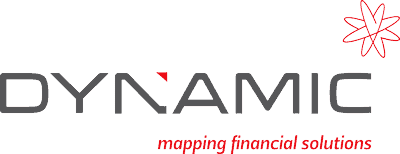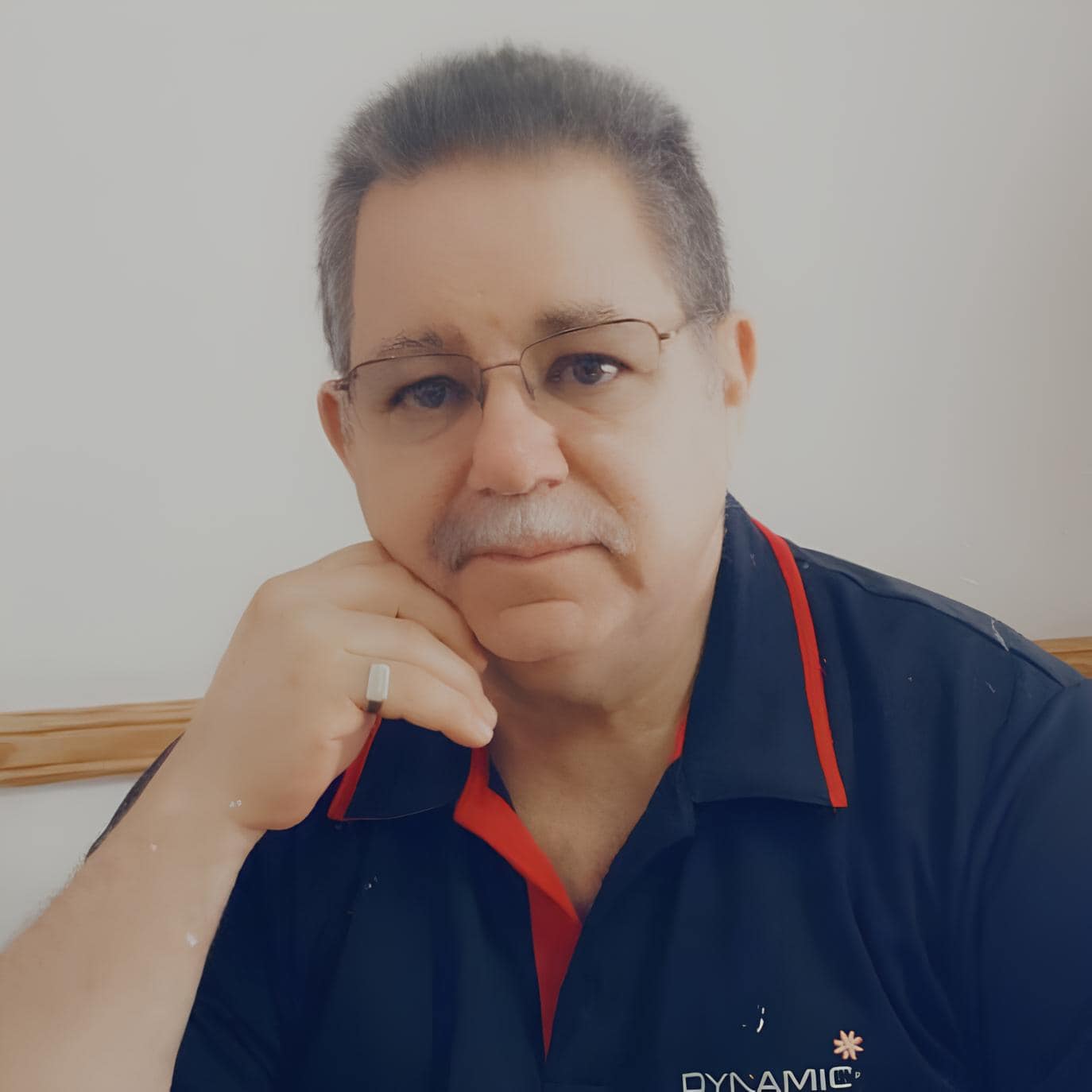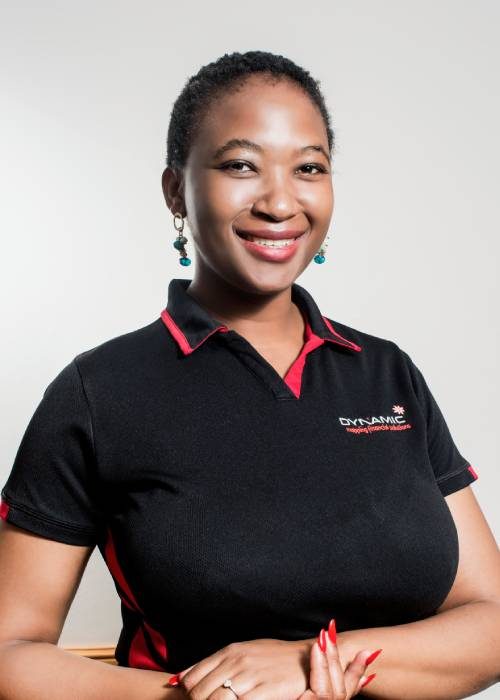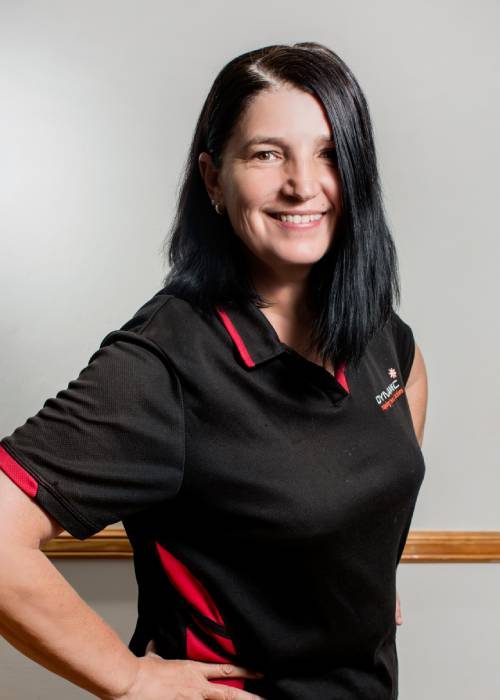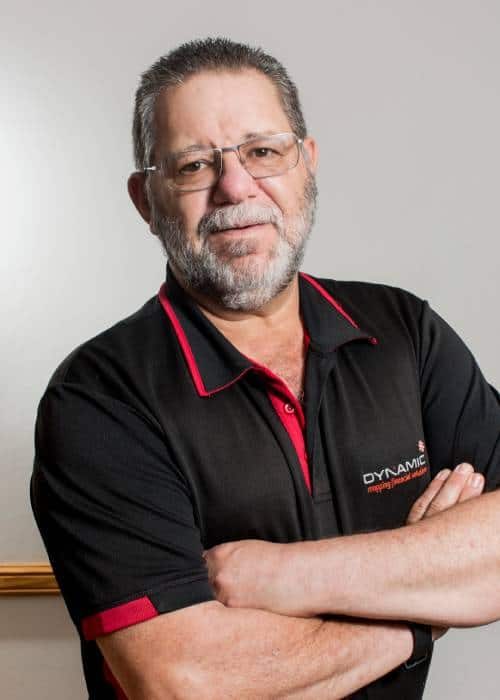Warren Buffett, one of the world’s greatest investors and closely followed by professional money managers, has repeatedly pointed out an irony of capitalism: the richer you are, the less tax you pay relatively speaking. The brains behind Berkshire Hathaway, which has generated superior returns for more than five decades, famously noted that he pays fewer taxes, on a percentage basis, than his secretary and other employees, because the bulk of his wealth is in stock rather than wage income. It’s not only stocks that shield the wealthy from being taxed on their earnings – trusts are also used to keep the assets of high net worth individuals out of the clutches of the tax authorities. In this piece, estate planning expert Christo Meyer looks at the issue of whether trusts can be trusted. – Jackie Cameron
By Christo Meyer*
CAN YOU TRUST YOUR TRUST
It is alarming to see the number of individuals and families, in South Africa, who have made use of trusts as the foundation of their estate planning and asset protection plan, who do not even know what the trust deed says let alone asking themselves the question: “is my trust valid?”
By using a trust as the foundation of your strategy isn’t it essential to make sure you can trust your Trust before that creditor attack, death, disability or divorce when you really need to be able to trust your Trust.
Why could the Trust be invalid?
A trust can be invalid in terms that it was not legally created as a trust (missing the elements of a valid trust) or it was not managed as a trust.
1. Establishment
It is not to say that if you have a “registered” trust that the Trust is a valid trust, in terms of court cases and the Trust Property Control Act, certain essential elements need to be present to create a valid Trust in South Africa, those elements are in summary:
- The founder must express his/her intention to create a trust and not something else
- This intention must be expressed in such a way that it forms an obligation on the trustee/s.
- Trust property must be clearly and certainly defined
- The trust object must be lawful
- The beneficiaries or objective must be clearly defined.
- The property must physically be transferred to the trustees.
2. Management
A Trust is an extraordinary vehicle we use for estate planning and asset protection purposes, which involves the movement of assets for a complete separation of ownership from the personal estate of the planner to be managed by other parties for the benefit of beneficiaries. However, it can be a very dangerous vehicle which can be easily set aside if not dealt with correctly.
Unlike a company, there is not a piece of legislation that would say if a trust is a valid trust like it does with a company. If a company has been established and placed on register via the CIPC, there is no argument that that company is a company. That is not so for trusts, as a trust is not a legal person in terms of legislation and the validity of the Trust would be depended on the intention of the founder and the actions of the trustees. In legal terms, it is said that the Trust should have substance over form.
Read also: Here’s how NOT to blow wealth like Wacko Jacko, Amy Winehouse and Jimi Hendrix
In the application of the “Substance Over Form” principle, it is essential to be able to prove that by the actions of the trustees, founder, and beneficiaries, that there is, in fact, a trust relationship. Therefore the trustee should not only have legally taken ownership the trust property, but it should be clear from the actions of the trustees that the assets are in actual fact managed by the trustees, and not by only one of the trustees, or any other person.
If that can not factually be proven the Trust would be seen as a sham and the Trust will be ignored, with the result that the Trust was never, in fact, a trust and that the assets will be regarded as belonging to the founder, thereby negating the benefits sought when the Trust was initially established.
Why is it important to read your Trust Deed?
The primary reason for this may be a shock to you, but the majority of the Trust deed used is template based, and it is very seldom that a trust deed is drafted explicitly for an individual or family. Making use of a template could lead to undesired, and sometimes disastrous, consequences.
This use of templates introduce three primary risks:
- It may contain provisions that and not to your liking or not suitable in terms of your circumstances and intentions
- It may contain error and omissions about your specific needs
- Most template trust deeds do not make provision for the event of the disability/mental incapacity of the founder
For example:
- Certain deeds list specific circumstance when it may be impossible to change provisions of the trust deed, such as when the founder has died, it is therefore vital to ensure that your current trust deed is in inline with your intentions and, if necessary, make any changes before it is too late.
- Certain deeds allow Trustees powers to borrow against trust assets, should the primary intention of the Trust be asset protection this power could place trust assets at risk and is therefore not suitable.
- Certain deeds require specific procedures to be followed in terms of the reporting and administration of the Trust, was these ever followed or not?
What to review when reviewing your Trust
When reviewing any trust, it is vital to start at the beginning to make sure that all the elements of a valid trust were in fact, present. After that, you’ll have to tackle the substance over form principle and remember the onus will be on the Trustees to prove such.
Thereafter review the terms and provisions of the Trust to ensure you know what the rules and obligations are, and finally, the tax consequences surrounding the use of a trust must be considered.
Article courtesy of https://www.biznews.com/wealth-building/2019/09/11/estate-planning-trust-your-trust

